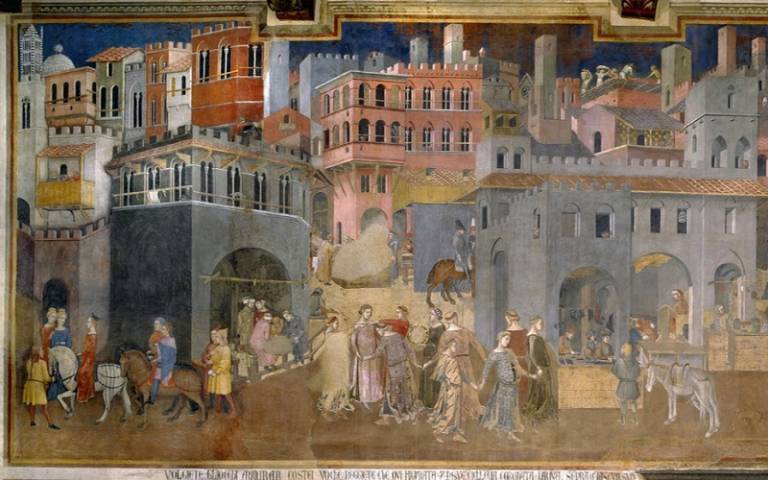STATECRAFT and the production of the built environment
27 February 2019, 1:00 pm–6:00 pm

Event Information
Open to
- All
Availability
- Yes
Organiser
-
John Tomaney
Location
-
De Morgan House57-58 Russell SquareLondonWC1B 4HS
Deriving from the early work of Bulpitt but recently experiencing a new lease of life in political science, statecraft is a phrase increasingly deployed to explain patterns of urban and regional governance and centre-periphery relationships. It concerns how political actors win elections and achieve a degree of governing competence. It considers how governing objectives and electoral strategies are formed, how operational codes are developed in pursuit of these objectives and how actors selectively use theories, ideologies and cultural modes to achieve ‘political argument hegemony’ and to inform the ‘official mind’ which guides policy development. At the same time, as understood by Bulpitt, statecraft is the art of understanding and working with the limitations placed on elite activity by the many changing structural constraints arising from and without the polity.
The concept seems to have great promise for the study of cities and regions and to speak to the diverse empirical and theoretical interests of BSP research groups. But, at the same time, the concept is overdue some critical scrutiny. Not least it application beyond the UK warrants further discussion. Organised by the Cities, Governance and Planning Group, this half day seminar aims to explore the utility of this concept as a framework for research and an opportunity to invite keynote speakers to help frame a discussion about the value of the concept and its application to the governance of cities and regions and to our work at BSP.
Schedule:
1315-1400 Arrival and lunch
1400-1530 Keynote talks
PETER JOHN (KCL) Bulpitt and statecraft
JANE WILLS (Exeter) Localism and statecraft
ANDY PIKE (Newcastle) Urban and regional statecraft
1545-1600 Tea
1600-1730 BSP presentations
1730-1800 Respondents and next steps
Patrick Le Gales, Andy Pike, Mike Raco, John Tomaney
 Close
Close

